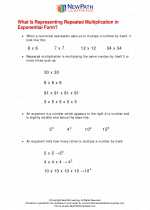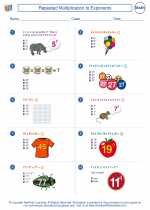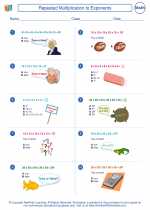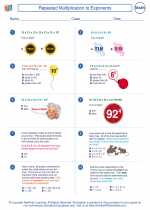Combinations
Combinations are a way of selecting items from a group without considering the order of selection. In other words, combinations are all about choosing a certain number of items from a larger set, without taking into account the order in which the items are chosen.
Formula for Combinations
The formula for finding the number of combinations of "n" items taken "r" at a time is given by:
C(n, r) = n! / (r! * (n-r)!)
Where:
- n is the total number of items
- r is the number of items to be chosen
- n! represents the factorial of n (i.e., the product of all positive integers from 1 to n)
Example
Let's say you have 6 different books, and you want to choose 3 of them to take on a trip. The number of different ways you can choose 3 books from the 6 available books can be calculated using the combination formula:
C(6, 3) = 6! / (3! * (6-3)!) = 20
So, there are 20 different combinations of 3 books that can be chosen from the 6 available books.
Study Guide
Here are some key points to remember when studying combinations:
- Combinations are used when the order of selection does not matter.
- The formula for combinations is C(n, r) = n! / (r! * (n-r)!).
- Factorials are used in the combination formula, so it's important to understand how factorials work.
- Practice calculating combinations using different examples to strengthen your understanding of the concept.
Remember, combinations are a fundamental concept in probability and are used in various real-life scenarios such as in selecting a team of players, choosing a committee, or forming a group of people for an event.
.◂Math Worksheets and Study Guides Sixth Grade. Repeated Multiplication to Exponents

 Worksheet/Answer key
Worksheet/Answer key
 Worksheet/Answer key
Worksheet/Answer key
 Worksheet/Answer key
Worksheet/Answer key
